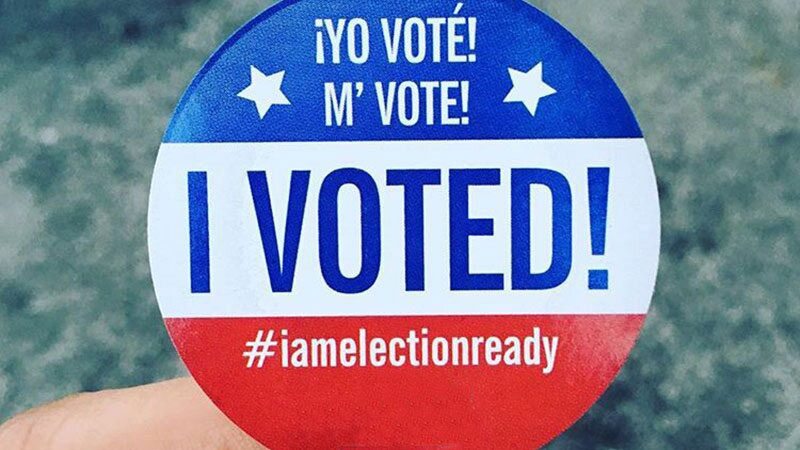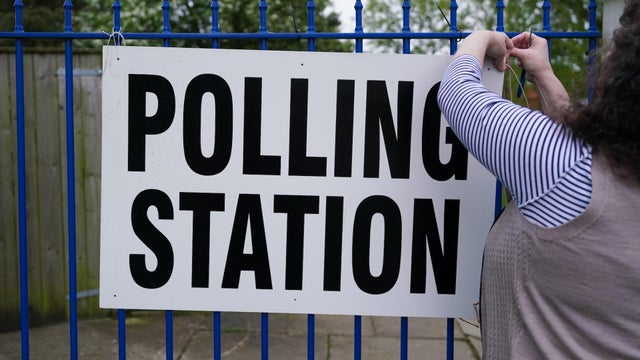7 Ways Modern Technology is Transforming Voting
1. Electronic Voting Machines: Advanced digital systems provide faster, more accurate vote counting while maintaining security protocols and audit trails.
2. Online Voter Registration: Citizens can now register to vote conveniently through secure online portals, increasing accessibility and participation rates.
3. Mobile Voting Apps: Some jurisdictions are piloting secure mobile applications for overseas military personnel and voters with disabilities.
4. Blockchain Security: Emerging blockchain technology offers potential solutions for creating tamper-proof voting records and enhancing election transparency.
5. Real-time Results Tracking: Digital systems enable faster reporting of election results while maintaining accuracy and security standards.
6. Automated Voter Verification: Advanced systems can quickly verify voter eligibility and prevent duplicate voting across multiple locations.
7. Digital Accessibility Tools: Technology improvements help voters with visual, hearing, or mobility impairments participate more easily in elections.



